What’s to blame for the rise in alcohol-related deaths?
As deaths from drink nears recession record, a demographic shift and cuts to public health funding are under the spotlight
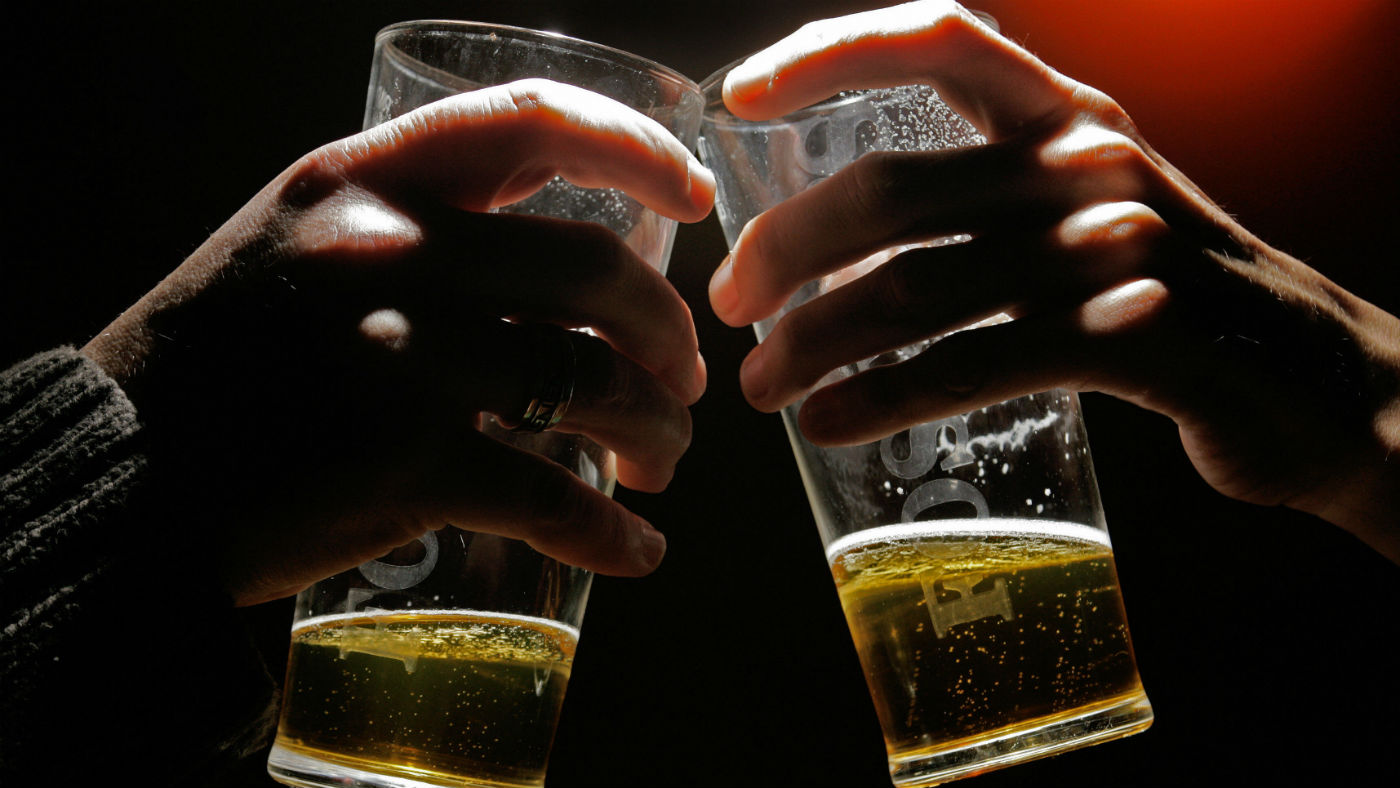
A free daily email with the biggest news stories of the day – and the best features from TheWeek.com
You are now subscribed
Your newsletter sign-up was successful
Alcohol-related deaths are approaching levels not seen since the height of the recession, with the number of women losing their lives to drink hitting a record high.
Figures from the Office for National Statistics (ONS) reveal there were 7,697 deaths due to alcohol in 2017, a rate of 12.2 people for every 100,000 and the highest since 2008.
Alcohol-related deaths rates among men are still double the figure for women, although these have reached a higher level than 2008, or any point this century.
The Week
Escape your echo chamber. Get the facts behind the news, plus analysis from multiple perspectives.

Sign up for The Week's Free Newsletters
From our morning news briefing to a weekly Good News Newsletter, get the best of The Week delivered directly to your inbox.
From our morning news briefing to a weekly Good News Newsletter, get the best of The Week delivered directly to your inbox.
The Daily Telegraph says the increase is being driven by an overall rise in alcohol deaths among 55 to 74-year-olds in recent years.
John Britton, professor of epidemiology at the University of Nottingham and director of the UK Centre for Tobacco and Alcohol Studies, told the paper the figures pointed to the “baby boomer” generation paying for past excesses as well as continued heavy drinking.
Karen Tyrell, the executive director of external affairs at the drug and alcohol charity Addaction, said that, at a policy level, the alcohol industry needed to be held to account.
“We know that the big drivers in terms of behaviour change include minimum unit pricing along with restricting advertising and visibility. We’re encouraging government to include these measures in the forthcoming alcohol strategy”, she added.
A free daily email with the biggest news stories of the day – and the best features from TheWeek.com
Others have laid the blame not in a demographic shift, but on social factors relating to austerity.
In England alcohol-related deaths peaked in 2008 at the start of the financial crisis and were relatively stable for a number of years but have crept up since 2014.
The Independent says “this mirrors a period of sustained cuts to public health funding since it became the responsibility of local authorities in April 2013, with around £100m a year being cut from lifeline services”.
Separate analysis released in September shows that despite a year-on-year growth in alcohol addiction rates and harms, the number of people receiving treatment are at the lowest level for a decade.
The House of Commons Library estimates the number of alcohol dependent adults in England has risen steadily since 2011 and more than 600,000 adults needed support as of 2016-17.
Labour shadow health secretary Jonathan Ashworth said a decade of health cuts “are pushing addiction services to breaking point”.
“The Advisory Council on the Misuse of Drugs has warned these cuts are ‘short sighted and a catalyst for disaster’”, he told the National Substance Misuse Conference in Birmingham.
There is also a geographical divide across the UK.
While alcohol deaths have decreased in Scotland since 2001, the rates in England, Wales and Northern Ireland have all risen, with Northern Ireland seeing a 40% increase.
The Belfast Telegraph reports that data from the Northern Ireland Statistics and Research Agency show that 303 people died directly from alcohol in 2017, the highest since records began.
-
 Local elections 2026: where are they and who is expected to win?
Local elections 2026: where are they and who is expected to win?The Explainer Labour is braced for heavy losses and U-turn on postponing some council elections hasn’t helped the party’s prospects
-
 6 of the world’s most accessible destinations
6 of the world’s most accessible destinationsThe Week Recommends Experience all of Berlin, Singapore and Sydney
-
 How the FCC’s ‘equal time’ rule works
How the FCC’s ‘equal time’ rule worksIn the Spotlight The law is at the heart of the Colbert-CBS conflict
-
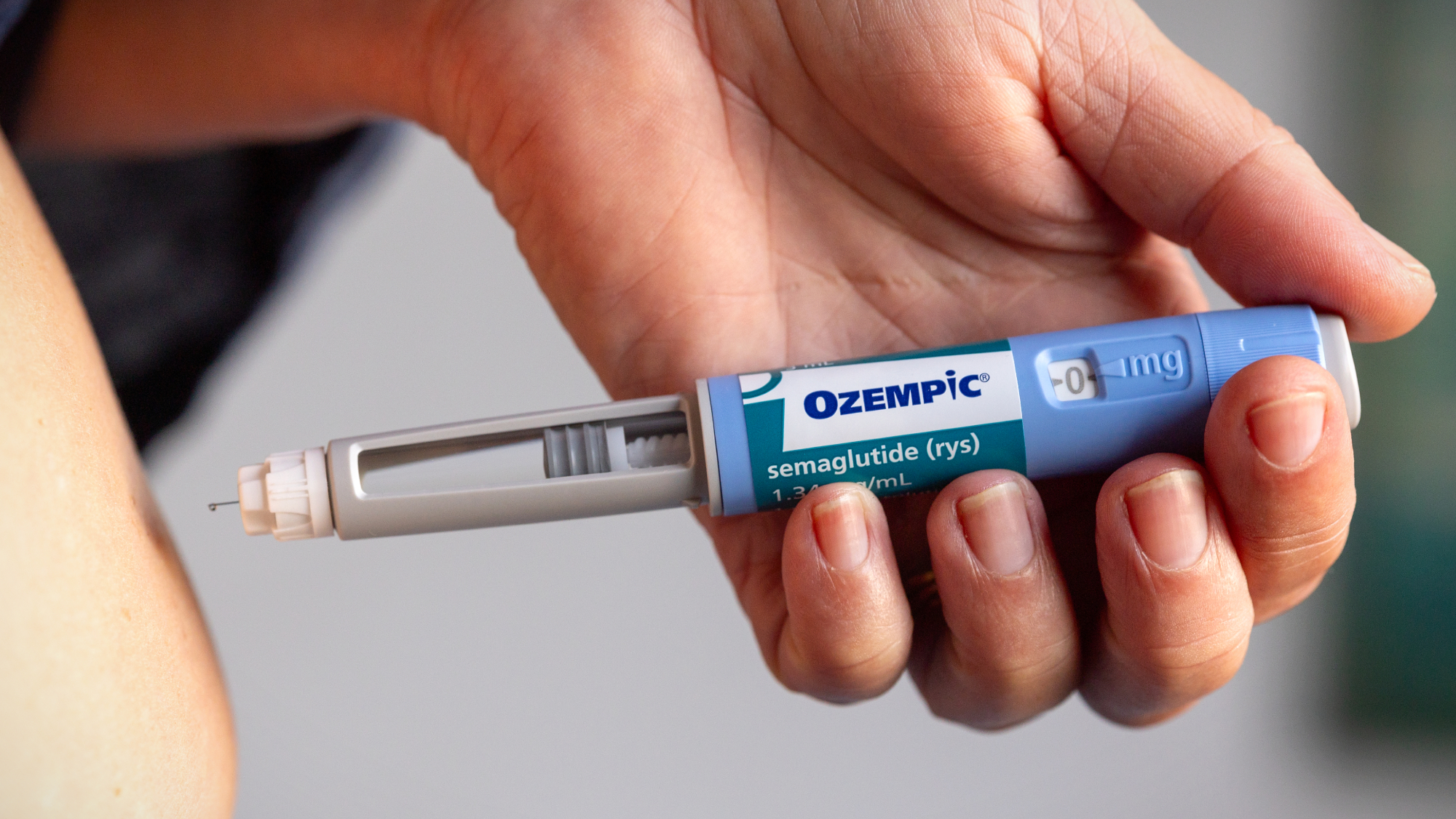 Ozempic can curb alcohol cravings, study finds
Ozempic can curb alcohol cravings, study findsSpeed read Weight loss drugs like Ozempic and Wegovy may also be helpful in limiting alcohol consumption
-
 What are the long-term effects of alcohol?
What are the long-term effects of alcohol?It's not just cancer
-
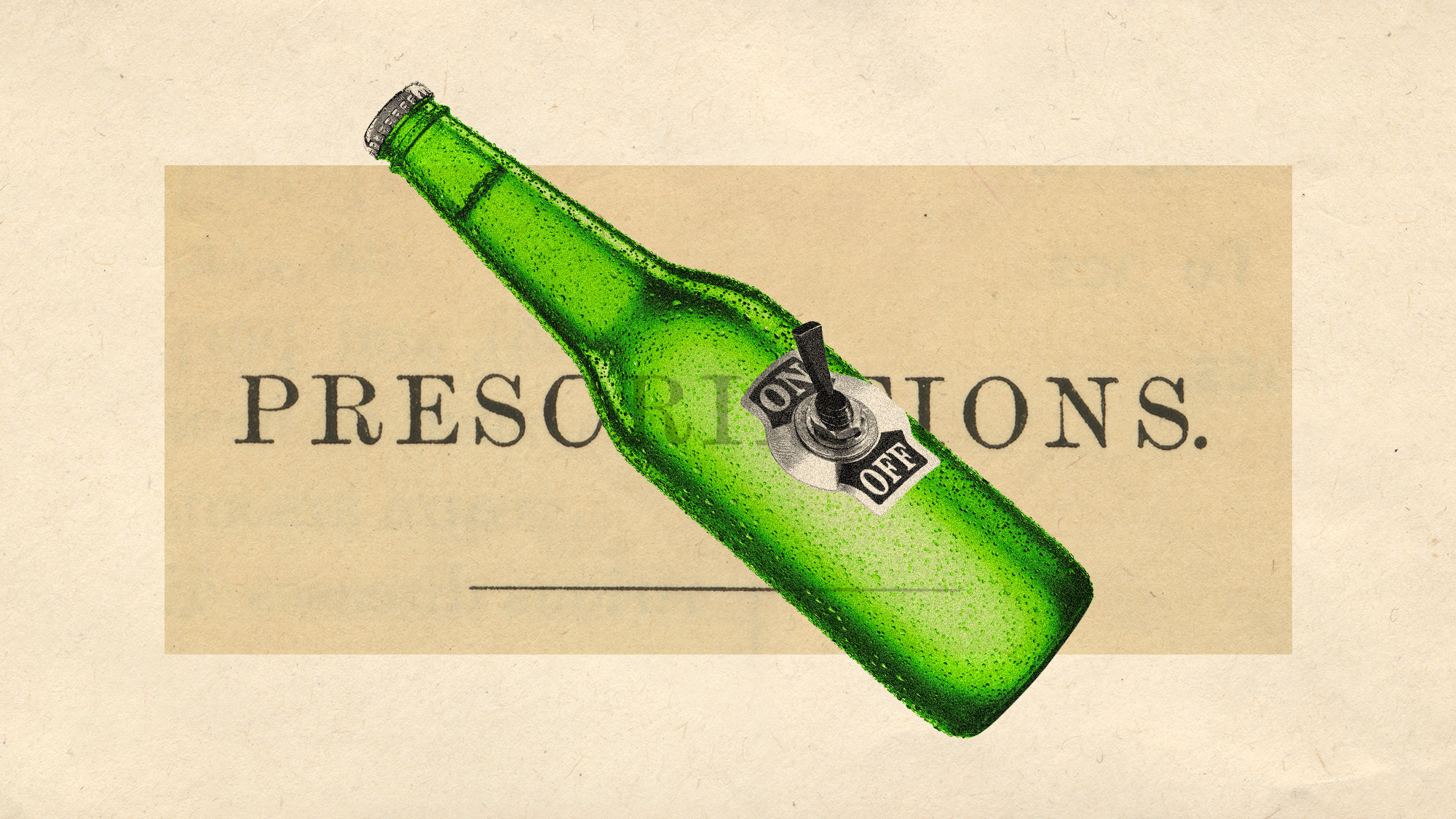 Naltrexone: the wonder drug for alcoholism
Naltrexone: the wonder drug for alcoholismThe pill is said to have a high success rate in reducing alcohol cravings with few side effects
-
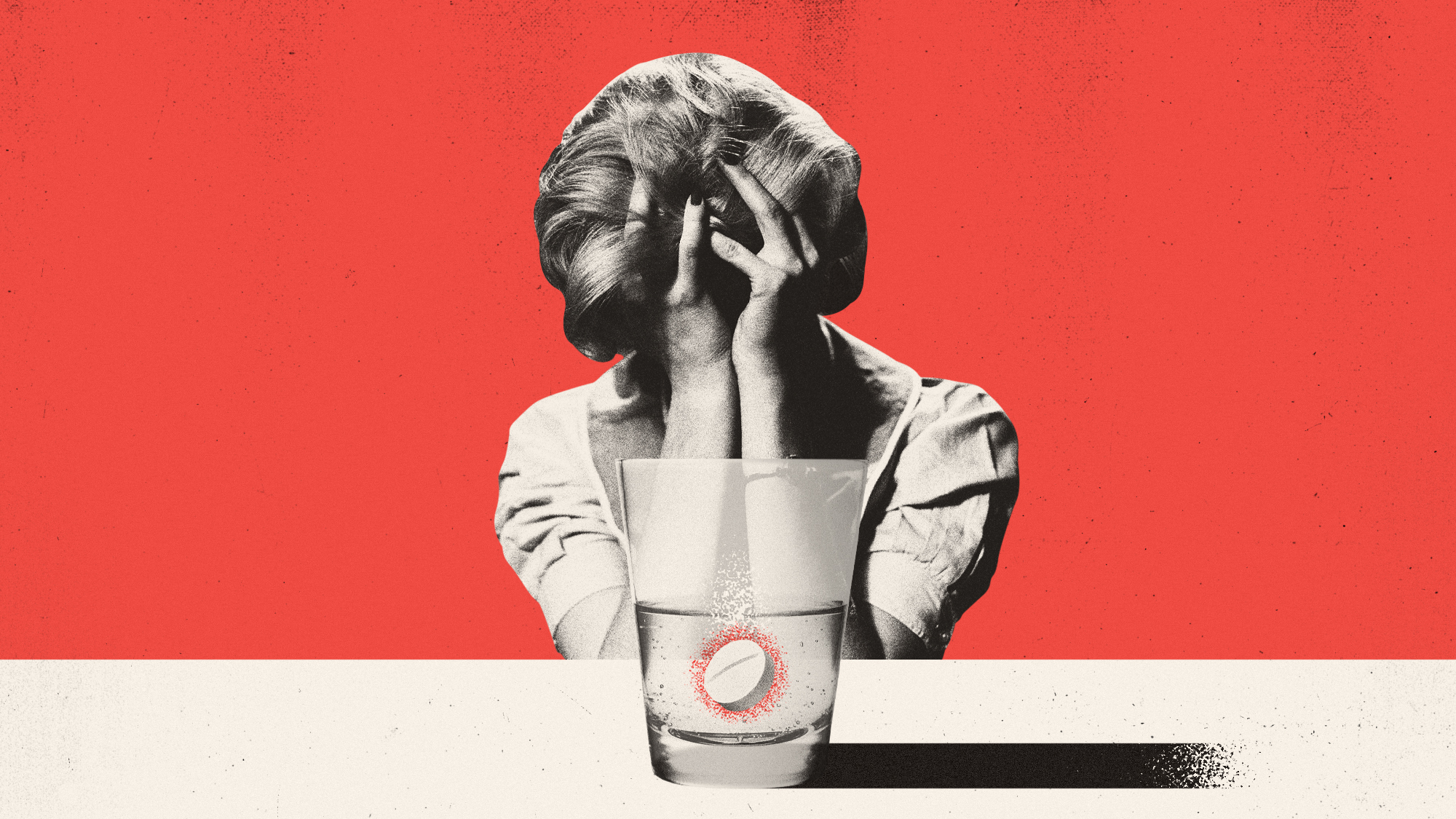 Can you prevent a hangover?
Can you prevent a hangover?Talking Point Over half of us will drink more than usual this month, but there are ways to minimise the effects of alcohol on the morning after
-
 Methanol poisoning: how Laos horror happened
Methanol poisoning: how Laos horror happenedThe Explainer Recent 'tainted-alcohol' deaths expose 'dangerous incentives driving backpacker-focused tourism'
-
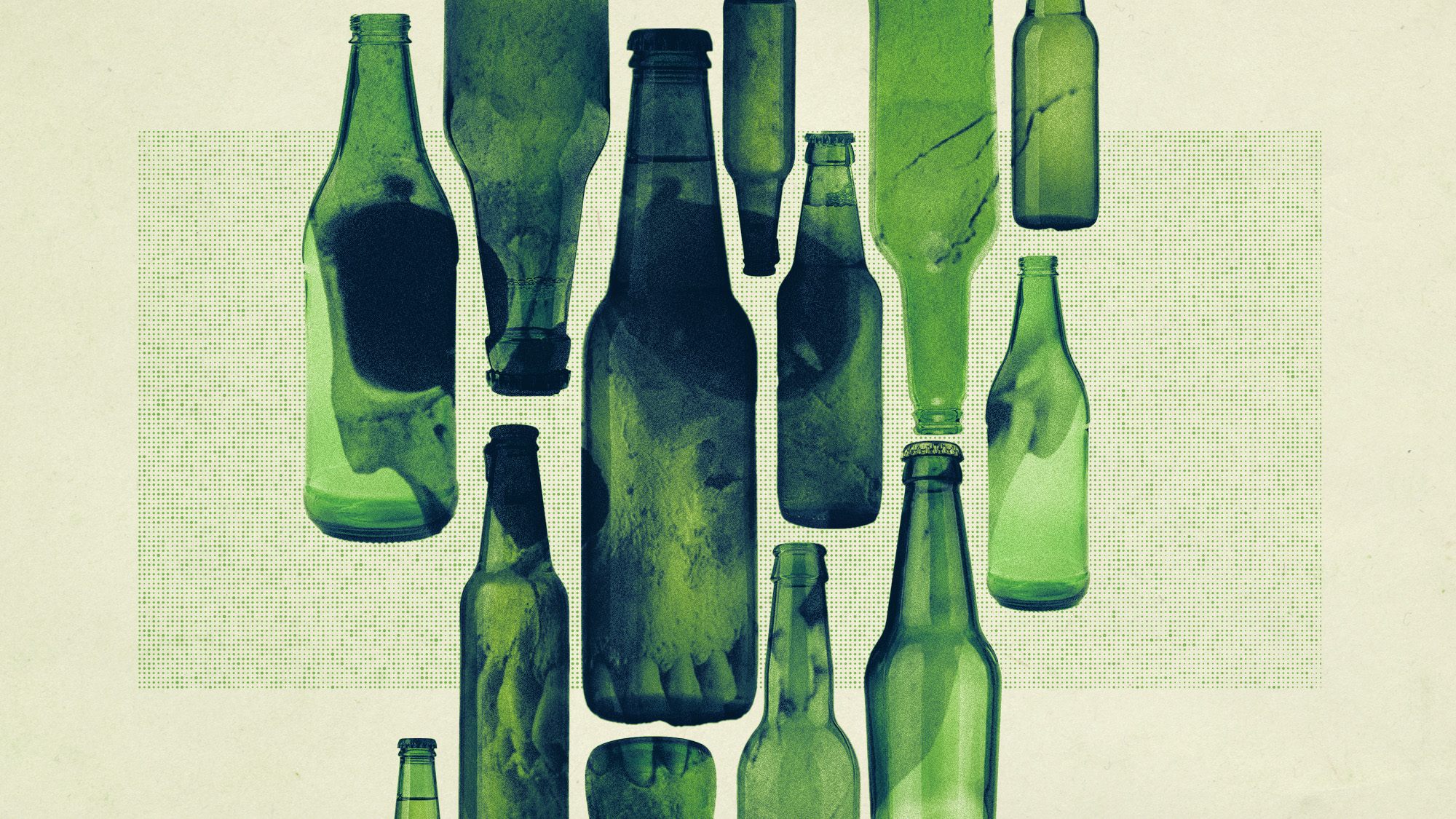 India's toxic alcohol problem
India's toxic alcohol problemUnder the Radar Bootleggers add lethal methanol to illegal liquor to cheaply increase potency, leading to widespread casualties
-
 Cannabis tops alcohol in daily US consumption
Cannabis tops alcohol in daily US consumptionSpeed Read For the first time in U.S. history, daily cannabis users have outpaced daily drinkers
-
 Pros and cons of giving up alcohol
Pros and cons of giving up alcoholPros and Cons Staying off the booze has health benefits but many struggle with the social downsides